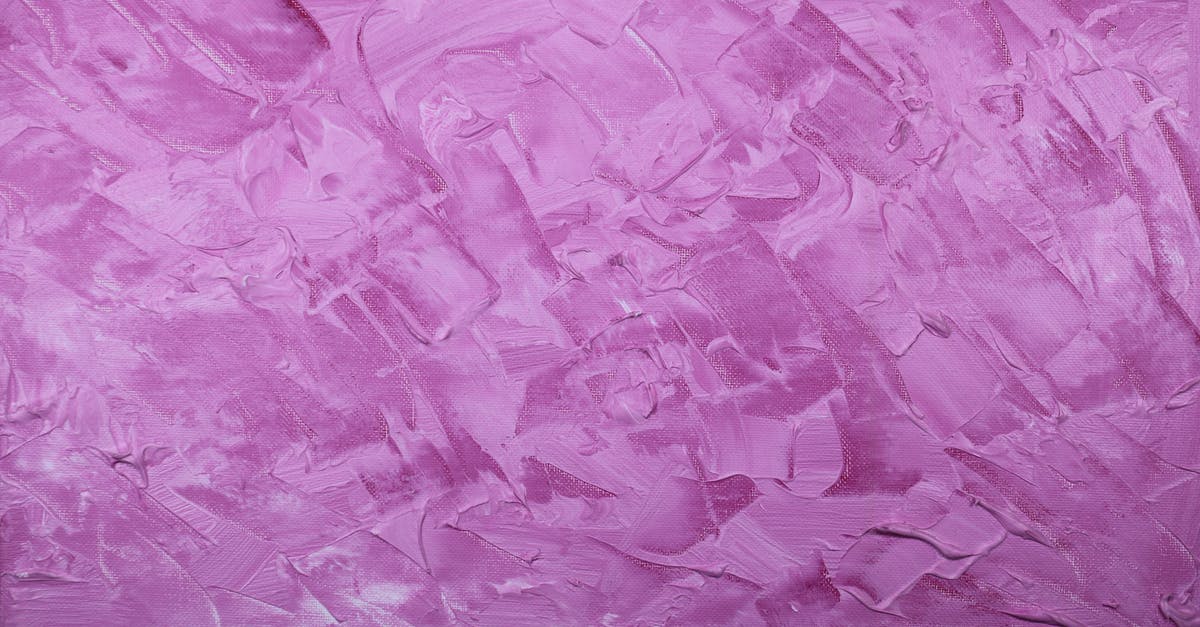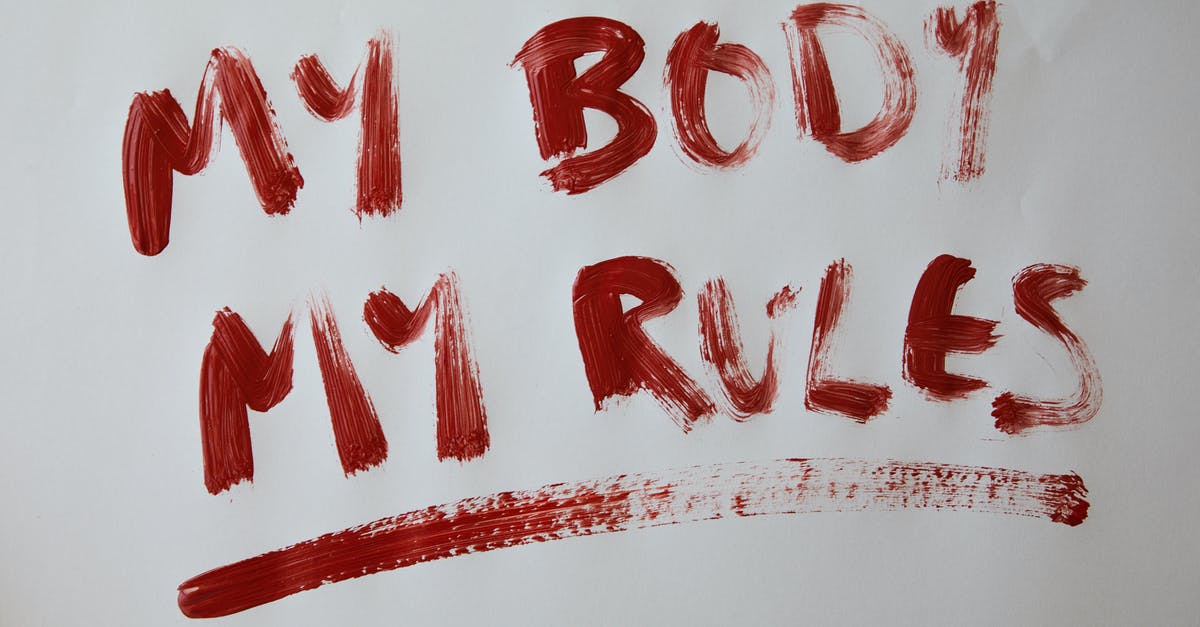My own Grenadine

I'd like to make and bottle my homemade grenadine (I use Poms not fresh pomegranates). I'd like it to have shelf life not require refrigeration. Is this possible?
Thanks, K
Best Answer
I'm always pleased when I can call upon one of my favorite nerdy cocktail books for relevant information.
Kevin Liu's Craft Cocktails At Home discusses several techniques for preserving homemade syrups, utilizing what's called the "hurdle" approach to food safety. Simply put, by combining several means of inhibiting microbial growth (or hurdles) you can drastically increase the expected shelf life of a food (or syrup).
There are a few hurdles of relevance to this question:
- Temperature. High and low temperatures are both good; storage below 40° F (i.e. refrigeration) is very effective at slowing microbial growth, but unfortunately your question rules that out. Heating can kill some (but not all) microbes, so you're doing some good if you bring your grenadine together by simmering or reducing.
- Acidity. Lower pH inhibits microbial growth. Pomegranate is fairly acidic (see page 9) so it has a head start here. Adding more acid could affect the flavor, but may help in preservation.
- Water activity. Though the scientific definition is fairly technical, all else equal this basically equates to the percentage of a substance that's composed of water (by mass). Solutes like sugar or salt "trap" water, reducing water activity and making for a less hospitable environment for microbes.
- Chemical preservation. Other substances kill microbes too, some quite effectively. "Preservatives" may have a bad reputation, but if carefully applied they can greatly extend shelf life.
I personally have used a couple of techniques to extend the shelf life of my homemade syrups, but I've not braved keeping them at room temperature; I always refrigerate. That said, these may be helpful.
- Adding more sugar. More concentrated syrups, with a higher ratio of sugar to water, have lower water activity and will last longer. The disadvantage is that they're thicker, harder to pour, and harder to mix.
- Adding alcohol. Alcohol reduces water activity too, and it acts as an effective chemical preservative. I typically add about 1/2 oz 100-proof vodka per 8 oz of finished syrup, which makes it about 3% ABV, only a tenth that of shelf-stable liqueurs but enough to provide a hurdle.
I typically combine these approaches to produce a syrup that is 2 parts sugar to 1 part water, with a mild alcoholic spike as a preservative. Most of these syrups will last at least 3 months when refrigerated, and I have a spiced pineapple syrup that's currently about 4 months old and shows no signs of spoilage. But again, I always keep these refrigerated. Similar techniques can be used to produce shelf-stable syrups; pomegranate molasses, for instance, is a highly reduced, acidic reduction of pomegranate juice which doesn't need to be refrigerated.
If preserving an existing syrup without modifying its recipe is your goal, Liu also offers a recipe for a "Shelf Stable-ish Simple Syrup Concentrate" which utilizes both benzoic acid and sorbic acid. These are both flavorless, odorless preservatives, generally recognized as safe (in the US) at concentrations up to 0.1%. Liu's recipe very precisely approaches this mark, so I'll detail an abbreviated version here:
95.5 grams water
2.25 grams potassium sorbate
2.25 grams sodium benzoate
Measure out 10 grams of this concentrate and add to 1 cup of 1:1 simple syrup; add 10 grams of sugar and allow to dissolve. The amount above is enough to preserve 10 cups of syrup.
Both potassium sorbate and sodium benzoate can be purchased through brewery/wine supply shops or through Amazon. I'll add the caveat that I have not personally tested this method; if you want to attempt it, I would highly recommend trying it on a couple bottles of grenadine first and seeing how long they last. Liu does not provide an expected shelf life for syrups preserved in this manner, so it probably depends on the rest of your recipe. The only way to be sure is to try for yourself - if you do, please post your results!
Pictures about "My own Grenadine"



What is a good substitute for grenadine?
If you prefer an off-the-shelf alternative to grenadine then either pomegranate molasses, raspberry syrup, cranberry juice cocktail, or pomegranate juice will work well. Although they have subtle differences, they'll fit into most cocktails and dessert recipes.Is Homemade grenadine worth?
Just like most cocktail mixers, grenadine is better when made from scratch. You will also find that it can save money in comparison to store-bought brands, especially if you buy pomegranate juice regularly and have it on hand.What is grenadine syrup made of?
Grenadine syrup is a cocktail mixer made from fresh pomegranate juice reduced with sugar\u2014like simple syrup with a hint of citrus flavor and stunning red color.How do you make the drink grenadine?
InstructionsGrenadine | How to Drink
Sources: Stack Exchange - This article follows the attribution requirements of Stack Exchange and is licensed under CC BY-SA 3.0.
Images: Nick Collins, RODNAE Productions, RODNAE Productions, Laker
